Hydration and Aging: The Science Behind Why Seniors Need Strategic Water Intake
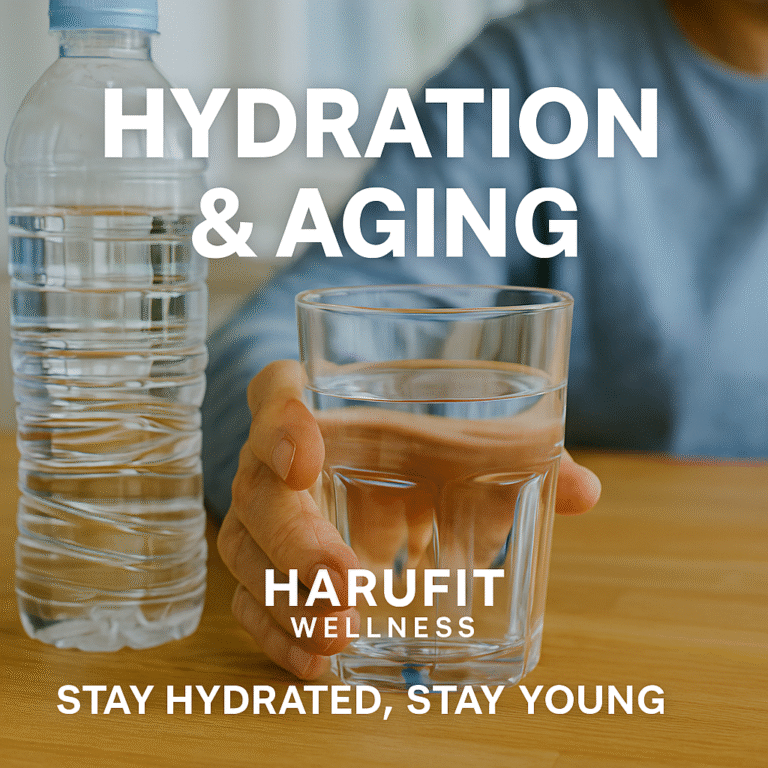
Stay hydrated, stay young: Senior maintaining healthy aging through consistent daily water intake habits
Getting older doesn’t mean settling for fatigue, brain fog, or brittle skin. However, millions of seniors unknowingly accelerate their aging simply by not drinking enough water. Furthermore, recent research reveals that hydration isn’t just about quenching thirst—it’s about rewiring how your body ages.
Here’s what most people miss: your hydration needs increase with age while your body’s natural signals decrease. Consequently, this creates a perfect storm that leaves many older adults chronically dehydrated.
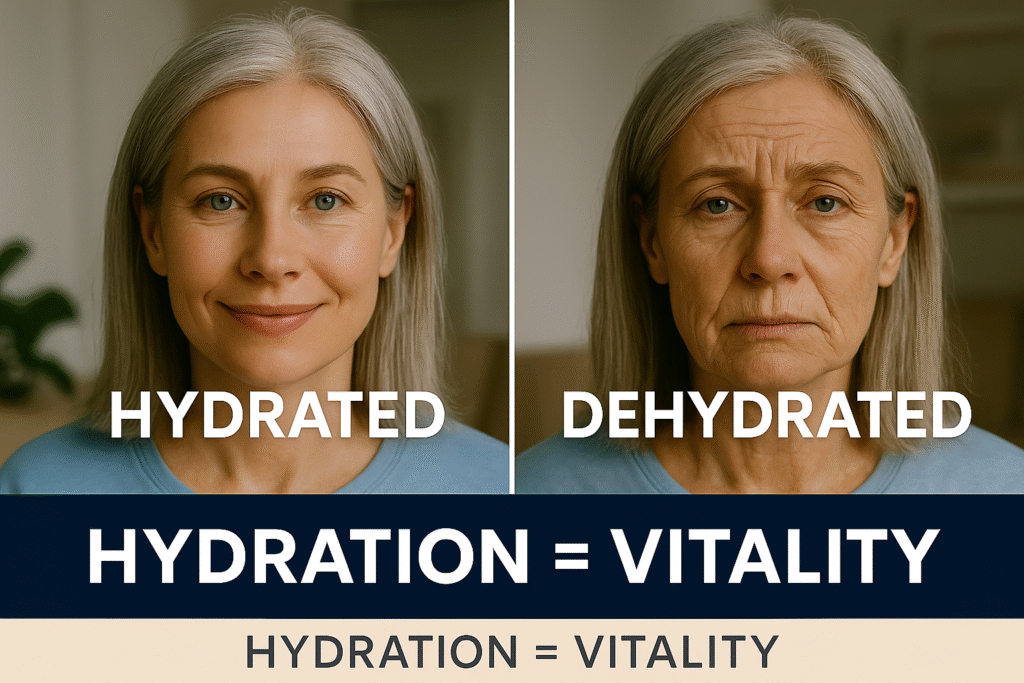
Why Aging Bodies Struggle With Hydration
Your body changes dramatically after 60, but hydration changes fly under the radar. Unlike graying hair, you can’t see dehydration until it’s already causing problems.
Muscle mass shrinkage accelerates after 60. Since muscles store about 75% of your body’s water, losing muscle therefore means losing your internal water tank. Meanwhile, fat tissue increases, thus creating a double hit to hydration reserves.
Thirst signals weaken as the hypothalamus becomes less sensitive to dehydration cues. As a result, many seniors only feel thirsty when they’re already 2-3% dehydrated, precisely when cognitive function starts declining.
Kidney efficiency drops by about 1% yearly after 40. Consequently, your kidneys become less effective at concentrating urine, meaning you lose more water through normal functions.
How Poor Hydration and Aging Sabotage Your Health
Research shows the real damage happens long before you feel thirsty. Additionally, the consequences reach far beyond what most people realize.
Brain performance crashes first. For instance, Stanford researchers found that even 1% dehydration reduces working memory by 12% in adults over 65. Furthermore, chronic mild dehydration may contribute to cognitive decline many accept as “normal” aging.
Cardiovascular stress multiplies. Specifically, when dehydrated, your blood becomes thicker, forcing your heart to work 10-15% harder. Therefore, this extra strain compounds existing risks for seniors.
Interestingly, these symptoms often mirror lymphatic congestion. If you’re consistently feeling tired and puffy despite drinking water, your lymph flow might actually be the culprit rather than simple dehydration.
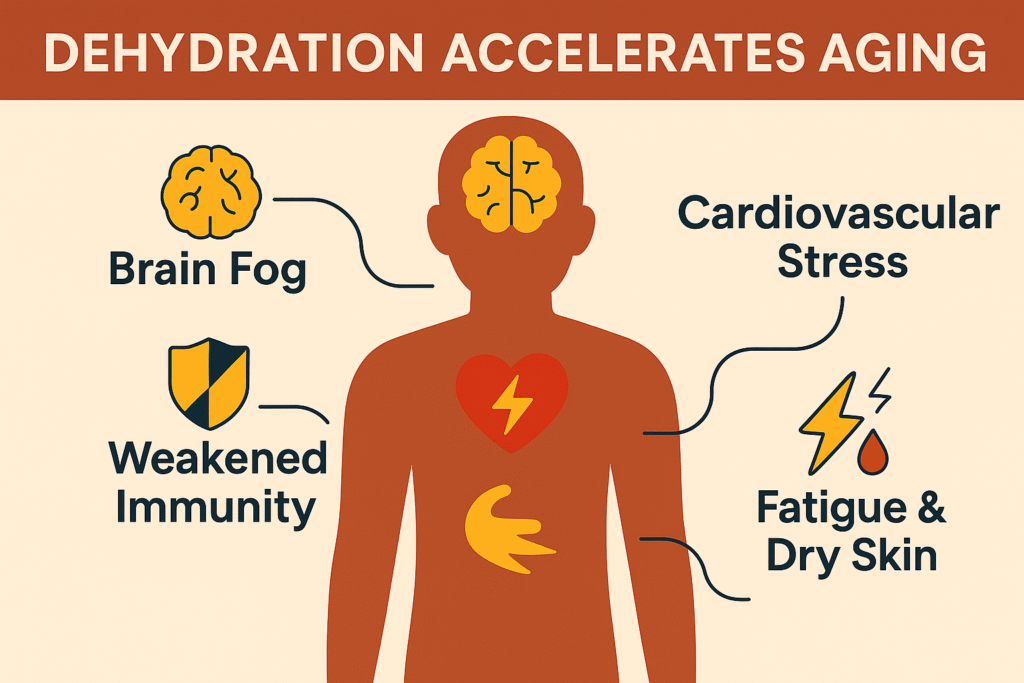
The Longevity Connection
Scientists at the National Institute on Aging tracked 11,000 adults for 25 years and discovered something remarkable: people who maintained optimal hydration showed biological ages 1-2 years younger than their dehydrated peers.
Moreover, consistently well-hydrated seniors had:
- 20% lower risk of developing chronic diseases
- Better preserved muscle mass and strength
- Improved cognitive test scores
- More resilient immune system responses
Dr. Natalia Dmitrieva noted: “Proper hydration may slow down aging and prolong disease-free life.” In other words, this isn’t about better skin—it’s about cellular-level anti-aging.
Strategic Hydration: Beyond “8 Glasses a Day”
The old “8 glasses daily” rule wasn’t designed for aging bodies. Instead, here’s what actually works for seniors.
Calculate baseline needs: First, aim for 0.5-1 ounce per pound of body weight. For example, a 150-pound person needs 75-150 ounces daily.
Time intake strategically:
- Morning: 16-20 oz upon waking
- Pre-meal: 8 oz thirty minutes before eating
- Exercise: Additional 12-16 oz per hour
- Evening: Light sipping to avoid sleep disruption
Quality matters more than quantity. Specifically, electrolyte balance becomes crucial as you age. Therefore, sodium, potassium, and magnesium help your body actually use the water you drink.
The Fiber-Hydration Connection
Here’s something fascinating: your fiber intake directly impacts how well your body uses water. Recent research shows that soluble fiber acts like a hydration multiplier, helping your intestines absorb and retain more water.
The current trend of “fibermaxxing” has shown promising results for hydration efficiency in older adults. However, there’s a science behind extreme fiber intake trends that goes beyond digestive health. Specifically, when you increase fiber gradually, your body becomes better at maintaining hydration balance.
Smart Tools for Consistent Hydration
Technology can bridge the gap between knowing what to do and actually doing it. Moreover, these tools are specifically helpful for seniors who may forget to drink water regularly.
Hydration tracking apps like WaterMinder gamify water intake with gentle reminders. In addition, many seniors find visual progress bars motivating.
Smart water bottles such as HidrateSpark provide LED reminders when it’s time to drink. Furthermore, they sync with your phone to track intake automatically.
Electrolyte enhancement becomes more important with age. For instance, products like Liquid I.V. provide optimal ratios for absorption.
Your Action Plan
Start small and build consistency rather than revolutionizing your intake overnight. Additionally, focus on one change at a time for long-term success.
- Track current intake for 3 days
- Identify your biggest gap (usually mid-afternoon)
- Choose one improvement (morning water, pre-meal timing, or electrolytes)
- Use environmental cues like visible water bottles
- Monitor energy and sleep as improvement indicators
Remember: optimal hydration isn’t about perfect compliance with rigid rules. Instead, it’s about creating sustainable systems that support your changing needs.
The science is clear—strategic hydration can slow biological aging and improve quality of life. Therefore, your future self will thank you for every consistent sip you take today.

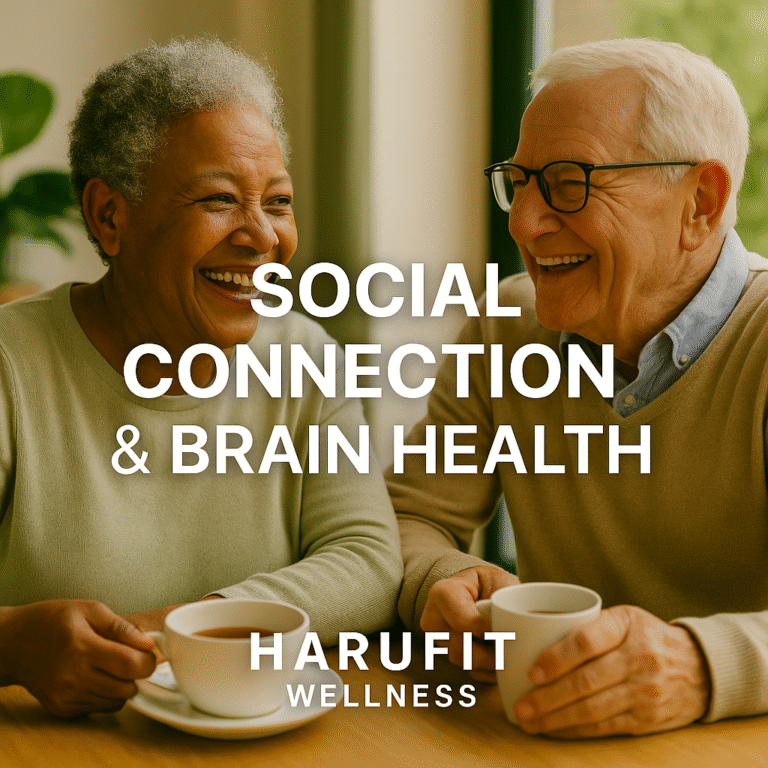
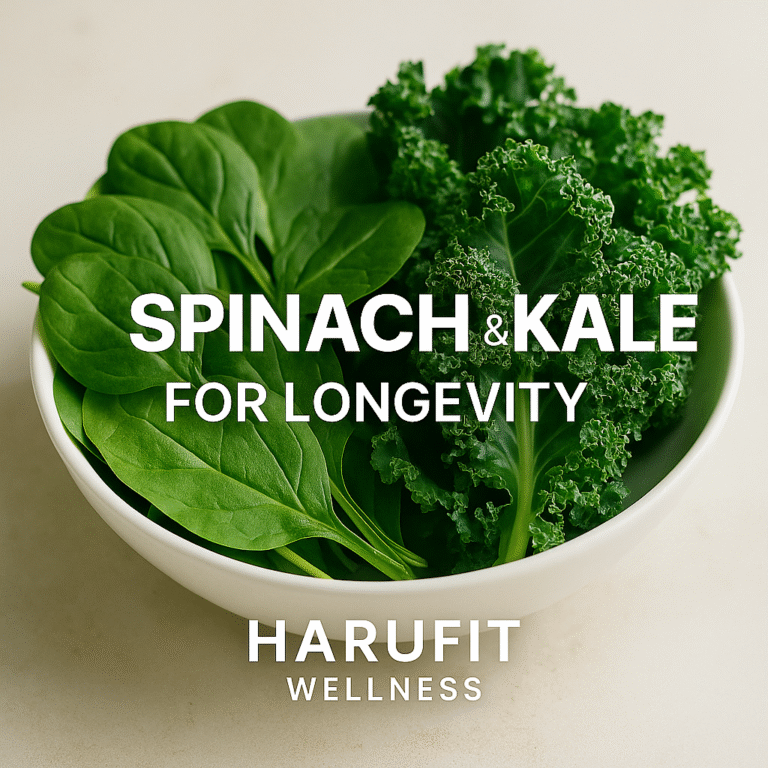
Comments